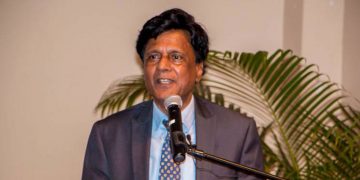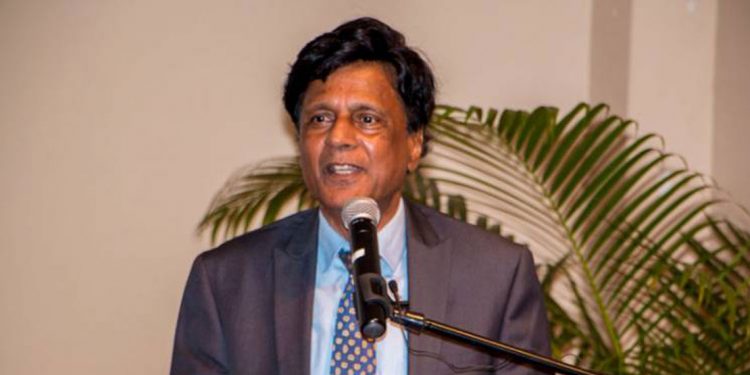Today, with its insistence that the democratically elected PPP government isn’t “legitimate” – even though it has lost its “built-in” Indian-based majority – several leaders in the African Guyanese community are challenging the very foundation of democracy as it developed over the centuries. Ironically, they are reversing the gains their forbears had struggled for during that time. As in Britain and the colonies, two questions were posed by “democracy” in the context of political participation: who were “the people” and once selected, how were “they” to rule? On the first question, the British by the 19th century had decided that middle-class men were “the people”.
In the colonies, therefore even after the abolition of slavery there was certainly no assumption that the freed slaves could vote. In point of fact, the British denied them the opportunity to control the governing structures and justified this injustice by claiming that the planters would outmaneuver the Africans. This exclusion of ex-slaves from the organs of governance and their struggles to rectify that historic wrong has had consequences that still reverberate in our political arena. What was to be the content of emancipation if even the limited political rights of liberal democracy were denied to them? Today, in a nation of minorities, African Guyanese have an equal opportunity to form a government – as was demonstrated in 2015.
There had to be a period of tutelage, the British asserted, so that the responsibility of governance could be exercised “responsibly” by the “natives”. Thus, in Guyanese history, we note a long and painful process by the disenfranchised to win the vote and a determined rearguard action by the British to deny the same. In 1891, the British instituted major changes in the constitution when they altered the franchise and relaxed the qualifications to vote for the elected officials to the Combined Court. The new rules enabled the new and growing Coloured/African middle class to gradually outnumber the planters in the Combined Court.
The British Government initiated this change because at that point, its interests diverged from that of the planters, but it was obvious even then that the potential for a new challenge to British Imperial aims had been created. In 1928, when the Coloured/African middle class showed that they may have had an agenda of their own, the British switched gears and imposed a Crown Colony form of government where the Governor could effectively outvote the elected representatives. As late as 1947, only about ten percent of the population (overwhelmingly African/Coloured) were counted as “the people”; after 1953 it became everyone over 21 and finally in 1968 it was changed to include everyone over 18. By then the franchise was immaterial since the PNC was rigging elections.
A second “problem” arose since the country now incorporated what was labelled several “nationalities”, who “voted for their own”. J.S. Mill, for instance, speaking from a Britain sure of its “British” national identity could pronounce with finality that the free institutions of democracy were ‘next to impossible in a country made up of different nationalities’. To deal directly with the implications of the ethnic divisions in the society and answer the question, who are “the people” to govern, remained problematical until the demographic changes by 2015 to create a “nation of minorities”.
On the second question, how are “the people” to rule, the classical Greeks tried “direct democracy”, where, facilitated by their small numbers, every citizen could vote on every issue in one gathering. If more than fifty percent of the citizens voted for one particular position, then that became the position of “the people”. Majoritarian politics was born. This direct method of voting had to be abandoned in favour of “representative democracy” due to the larger number of citizens and their wider geographical dispersion, in the countries that resuscitated the democratic form of governance. The representatives were supposed to re-present those who elected them. However, even though the circumstances were different, the majoritarian principle was retained, and it was accepted because the British people saw themselves more or less as one.
Indian Guyanese forming a majority until the last decade, African Guyanese faced what we called an Ethnic Security Dilemma, in that they could not win elections even in coalitions with others. This has now disappeared and the PNC is doing a disservice to its constituents to tell them otherwise.
The PNC has to learn to work with others.

































































